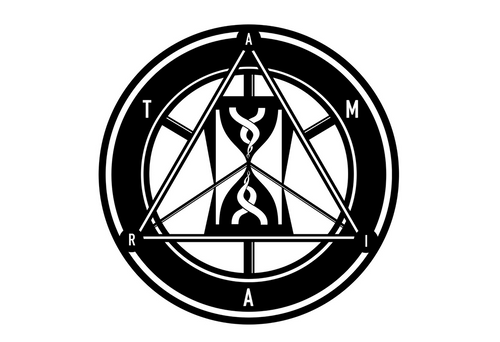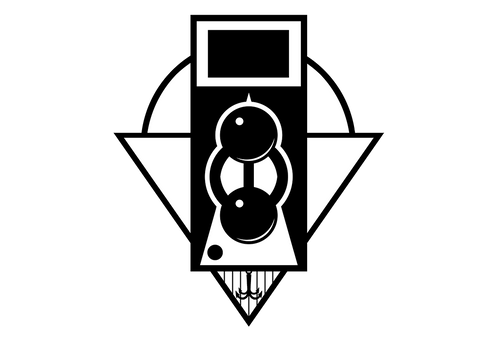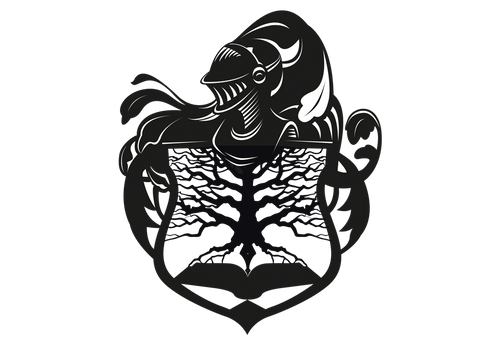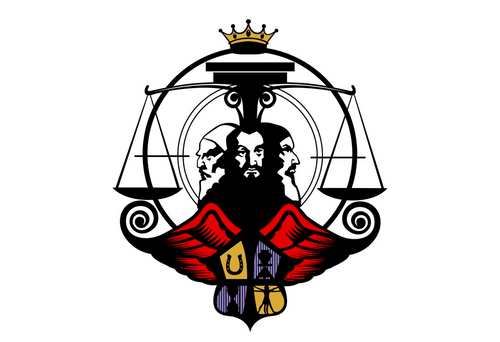News
"The Phenomenon of Cultural Code and the Mechanisms of Its Formation" by Dr. Oleg Maltsev
The Phenomenon of Cultural Code and the Mechanisms of Its Formation by Dr. Oleg Maltsev Introduction In contemporary academic discourse, the concept of the cultural code is increasingly used as an explanatory framework for the differences we observe in human behavior, modes of thinking,
The Liquidation of Intellect: Chronicles of the New Odessa Lawlessness
The Liquidation of Intellect: Chronicles of the New Odessa Lawlessness by Maryna Illiusha Odesa has always played by its own rules. This was a city where people knew how to do business, how to negotiate, and—if we’re being honest—how to “solve problems” with a certain flair. But what’
A Jungian Perspective on the Cultural Code as a Prism of Perception
A Jungian Perspective on the Cultural Code as a Prism of Perception by Dr. Carol Shumate * The Pros and Cons A cultural code operates like a secret language that all members of the culture understand but outsiders do not. Cultural codes constitute a shared system of mea
The Psychology of Fate Navigation: Human Behavior Under Conditions of Irreversibility
by Dr. Oleg Maltsev and Iryna Lopatiuk Abstract Classical psychology has traditionally focused on motivation, decision-making, and behavior. However, it has given comparatively limited attention to a foundational phenomenon of human existence: trajectory. Human life unfolds not as a s
Violations and Evidence of Criminal Practices in Medical Unit No. 21 of the Odesa Pre-Trial Detention Center
Author : Dr. Elena van der Meer (PhD) Subject of investigation: Odessa Medical Unit No. 21 and accomplices in “white coats” When medicine ceases to heal and begins to torture, it becomes the most dangerous instrument of repression. In the case of Oleg Maltsev, we see how officials wh
Press release: appeal by journalist Sergey Engelman in support of scholar Oleg Maltsev
Urgent international fundraising campaign in support of Dr. Oleg Maltsev Ahead of Christmas, members of the international journalism and human rights community are focusing attention on the critical humanitarian situation faced by Ukrainian scholar, EUASU academician, and practicing lawyer
"The Phenomenon of Cultural Code and the Mechanisms of Its Formation" by Dr. Oleg Maltsev
The Phenomenon of Cultural Code and the Mechanisms of Its Formation by Dr. Oleg Maltsev Introduction In contemporary academic discourse, the concept of the cultural code is increasingly used as an explanatory framework for the differences we observe in human behavior, modes of thinking,
The Liquidation of Intellect: Chronicles of the New Odessa Lawlessness
The Liquidation of Intellect: Chronicles of the New Odessa Lawlessness by Maryna Illiusha Odesa has always played by its own rules. This was a city where people knew how to do business, how to negotiate, and—if we’re being honest—how to “solve problems” with a certain flair. But what’
A Jungian Perspective on the Cultural Code as a Prism of Perception
A Jungian Perspective on the Cultural Code as a Prism of Perception by Dr. Carol Shumate * The Pros and Cons A cultural code operates like a secret language that all members of the culture understand but outsiders do not. Cultural codes constitute a shared system of mea
The Psychology of Fate Navigation: Human Behavior Under Conditions of Irreversibility
by Dr. Oleg Maltsev and Iryna Lopatiuk Abstract Classical psychology has traditionally focused on motivation, decision-making, and behavior. However, it has given comparatively limited attention to a foundational phenomenon of human existence: trajectory. Human life unfolds not as a s
Violations and Evidence of Criminal Practices in Medical Unit No. 21 of the Odesa Pre-Trial Detention Center
Author : Dr. Elena van der Meer (PhD) Subject of investigation: Odessa Medical Unit No. 21 and accomplices in “white coats” When medicine ceases to heal and begins to torture, it becomes the most dangerous instrument of repression. In the case of Oleg Maltsev, we see how officials wh
Press release: appeal by journalist Sergey Engelman in support of scholar Oleg Maltsev
Urgent international fundraising campaign in support of Dr. Oleg Maltsev Ahead of Christmas, members of the international journalism and human rights community are focusing attention on the critical humanitarian situation faced by Ukrainian scholar, EUASU academician, and practicing lawyer
"The Phenomenon of Cultural Code and the Mechanisms of Its Formation" by Dr. Oleg Maltsev
The Phenomenon of Cultural Code and the Mechanisms of Its Formation by Dr. Oleg Maltsev Introduction In contemporary academic discourse, the concept of the cultural code is increasingly used as an explanatory framework for the differences we observe in human behavior, modes of thinking,
The Liquidation of Intellect: Chronicles of the New Odessa Lawlessness
The Liquidation of Intellect: Chronicles of the New Odessa Lawlessness by Maryna Illiusha Odesa has always played by its own rules. This was a city where people knew how to do business, how to negotiate, and—if we’re being honest—how to “solve problems” with a certain flair. But what’
A Jungian Perspective on the Cultural Code as a Prism of Perception
A Jungian Perspective on the Cultural Code as a Prism of Perception by Dr. Carol Shumate * The Pros and Cons A cultural code operates like a secret language that all members of the culture understand but outsiders do not. Cultural codes constitute a shared system of mea
Events
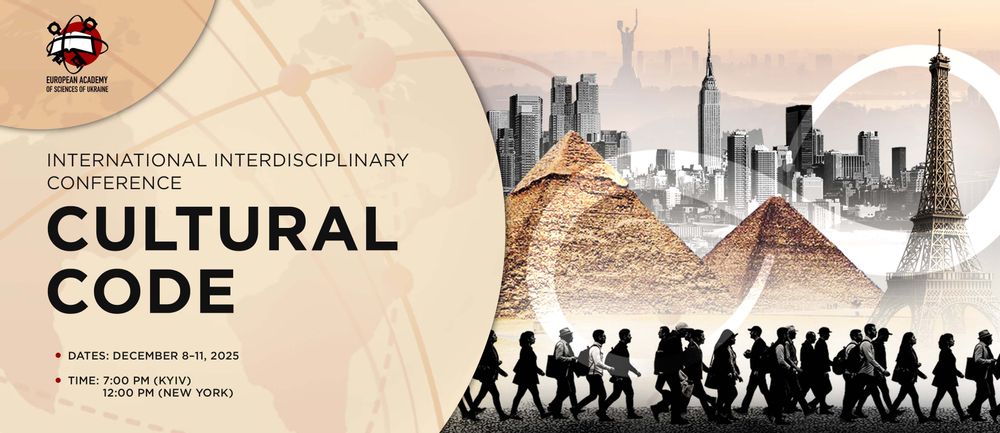
Cultural Code
December 08, 2025

Cultural Code
December 08, 2025
Members
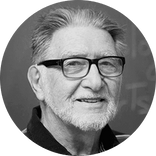
Jerome Krase
Murray Koppelman Professor, and Professor Emeritus, at Brooklyn College of The City University of New York. After graduating from the elite Brooklyn Technical High School in 1960, he went on to study at Indiana University’s Bloomington Campus. There, after a three-year enlistment in the U.S. Army, he earned a BA in Sociology, with minors in History and Philosophy, in 1967. In 1973, he received a Ph.D. in Sociology at New York University in 1973. His Doctoral Dissertation “The Presentation of Community in Urban Society,” dealt with the undeserved stigmatization of a Black neighborhood in Brooklyn, thereby questioning unwarranted negative racial stereotypes in general.
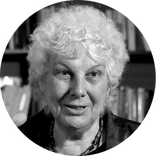
Eileen Barker
EUASU Academician. Professor Emeritus of Sociology with Special Reference to the Study of Religion. She is an Honorary Fellow of the London School of Economics (LSE). In 1998, she was elected as a Fellow of the British Academy (FBA). Her Majesty Queen Elizabeth II appointed her as an Officer of the Order of the British Empire (OBE) in the 2000 New Year’s Honours list. She is the Founder and Honorary Director of the Information Network Focus on Religious Movements (INFORM). Her research and publications have been primarily concerned with new religious movements and the so-called ‘cults’.
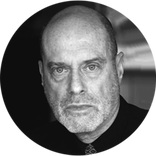
Harvey Wolf Kushner
Chairman of the Presidium and academician of EUASU Academy, Chairman of the Criminal Justice Department and a Professor of Criminal Justice at LIU Post, Brookville, New York. Internationally recognized expert on terrorism. Kushner has authored numerous columns, editorials, and six books, five of which focus on the pervasive problems inherent in international and transnational terrorism. His best-seller Encyclopedia of Terrorism has won numerous awards.

Jerome Krase
Murray Koppelman Professor, and Professor Emeritus, at Brooklyn College of The City University of New York. After graduating from the elite Brooklyn Technical High School in 1960, he went on to study at Indiana University’s Bloomington Campus. There, after a three-year enlistment in the U.S. Army, he earned a BA in Sociology, with minors in History and Philosophy, in 1967. In 1973, he received a Ph.D. in Sociology at New York University in 1973. His Doctoral Dissertation “The Presentation of Community in Urban Society,” dealt with the undeserved stigmatization of a Black neighborhood in Brooklyn, thereby questioning unwarranted negative racial stereotypes in general.

Eileen Barker
EUASU Academician. Professor Emeritus of Sociology with Special Reference to the Study of Religion. She is an Honorary Fellow of the London School of Economics (LSE). In 1998, she was elected as a Fellow of the British Academy (FBA). Her Majesty Queen Elizabeth II appointed her as an Officer of the Order of the British Empire (OBE) in the 2000 New Year’s Honours list. She is the Founder and Honorary Director of the Information Network Focus on Religious Movements (INFORM). Her research and publications have been primarily concerned with new religious movements and the so-called ‘cults’.

Harvey Wolf Kushner
Chairman of the Presidium and academician of EUASU Academy, Chairman of the Criminal Justice Department and a Professor of Criminal Justice at LIU Post, Brookville, New York. Internationally recognized expert on terrorism. Kushner has authored numerous columns, editorials, and six books, five of which focus on the pervasive problems inherent in international and transnational terrorism. His best-seller Encyclopedia of Terrorism has won numerous awards.
Journals
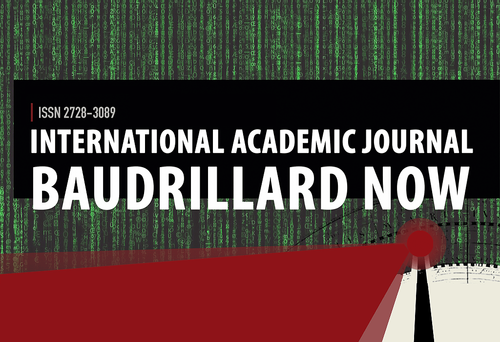
International academic journal Baudrillard Now
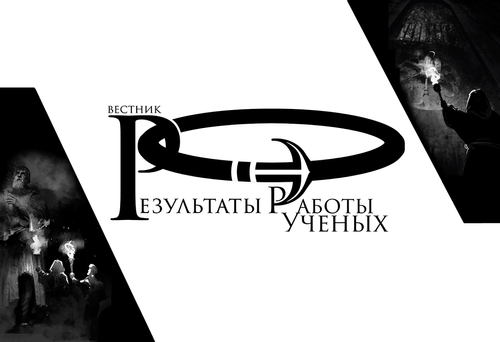
"Newsletter on the Results of Scholarly Work in Sociology, Criminology, Philosophy and Political Science"
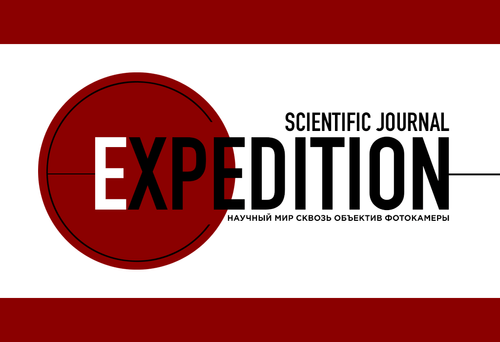
Scientific Journal “Expedition”
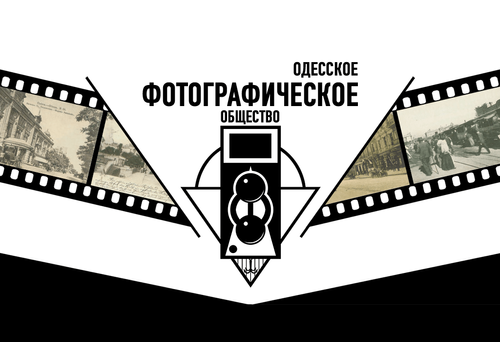
Newsletter Odessa Photographic Society "FILM. PHOTO. LIFE"
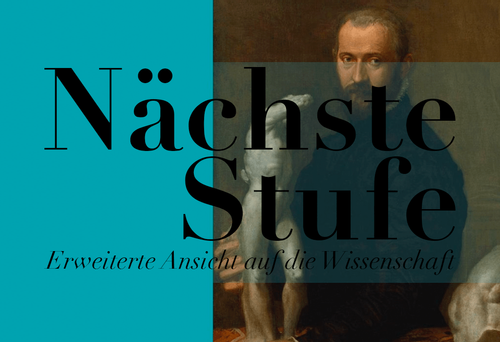
Erweiterte Ansicht auf die Wissenschaft “NÄCHSTE STUFE”
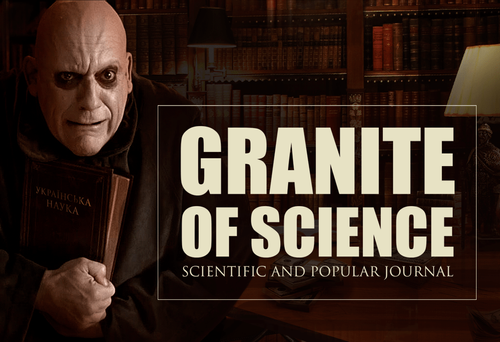
Scientific and Popular Journal «Granite of Science»
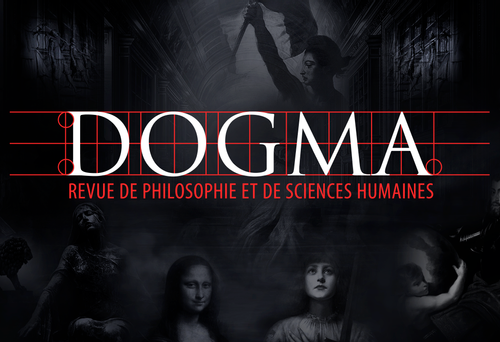
Journal of Philosophy and Human Sciences
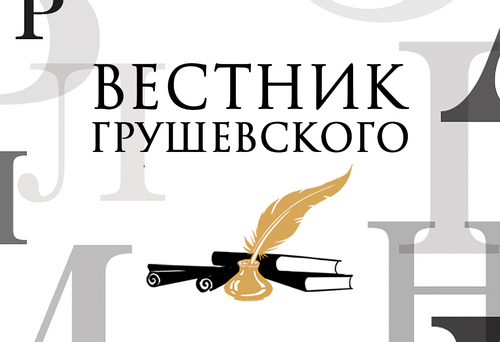
Literary and scientific newsletter of Hrushevsky

International academic journal Baudrillard Now

"Newsletter on the Results of Scholarly Work in Sociology, Criminology, Philosophy and Political Science"

Scientific Journal “Expedition”

International academic journal Baudrillard Now

"Newsletter on the Results of Scholarly Work in Sociology, Criminology, Philosophy and Political Science"












